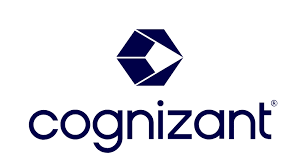We are very happy to take time for you. Use our contact form for a written contact. Our team will respond quickly and within 24 hours at the latest. In case of technical questions and to clarify the focal points, which are target-oriented for your team, please use the possibility of a non-binding consultation appointment.
Dr. Arvind Khanna
Expert: Machine Learning, Deep Learning, NLP, Python, TensorFlow, PyTorch, Data Visualization



















